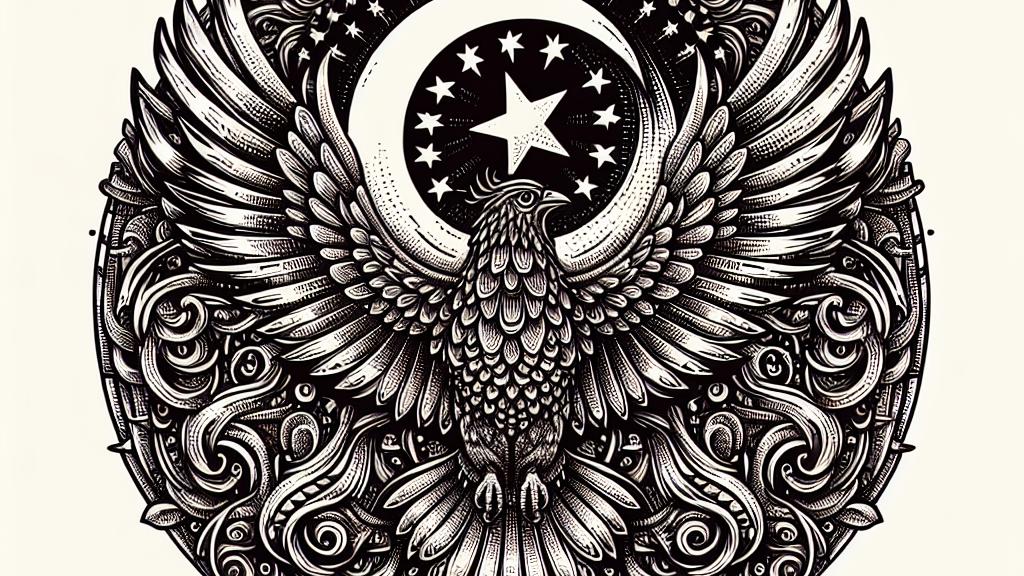Turkey Becomes Türkiye: The Name Game You've Never Seen!
Overview
- Turkey's official name changes to Türkiye to reflect cultural identity.
- The rebranding seeks to distance from negative connotations associated with 'Turkey.'
- Global acceptance of Türkiye is gradually improving but faces challenges.

The Historic Name Change Initiative
In June 2022, a landmark decision was made as Turkey officially changed its name to Türkiye, a move approved by the United Nations. This name change is not merely a rebranding; it is a profound reflection of national identity and pride. The term Türkiye, which means 'the land of the Turks,' resonates deeply with the citizens who advocate for a name that celebrates their rich heritage and culture. This initiative arose from a collective need to move away from the English designation 'Turkey,' which frequently evokes images of the bird and carries derogatory meanings, thus prompting a shift toward a more respectful and culturally significant moniker.
Cultural Significance and International Response
The transition to Türkiye embodies a critical aspect of how the Turkish nation perceives itself and seeks to be perceived by the world. Turkey boasts a history intertwined with numerous civilizations, from the Hittites to the Ottomans, creating a rich tapestry of cultural diversity. The name Türkiye not only encapsulates this historical narrative but also aims to foster unity among its citizens. The Turkish government launched various campaigns, such as 'Hello Türkiye,' to promote tourism and showcase the beauty and culture of the country. While many Turkish citizens welcome this change with enthusiasm, the global community's adaptation is uneven, with many international outlets still clinging to the old name, illustrating the gradual evolution in recognition and respect for the new identity.
A Global Trend Reflecting Identity Changes
The change from Turkey to Türkiye is more than a national decision; it represents a growing global trend of countries reclaiming their identities and opting for names that reflect their languages and cultures. This movement parallels previous instances where nations like the Netherlands shifted from 'Holland' to emphasize their broader identity, and Iran distanced itself from the colonial designation 'Persia.' These transformations signal a shift toward asserting cultural narratives and addressing historical grievances. For many Turks, the name Türkiye is not just a title; it symbolizes their aspirations for national pride and a renewed global presence. As the international community adapts to this change, there is hope for a stronger, more respectful recognition of Türkiye as a nation rich in history, culture, and identity.

Loading...